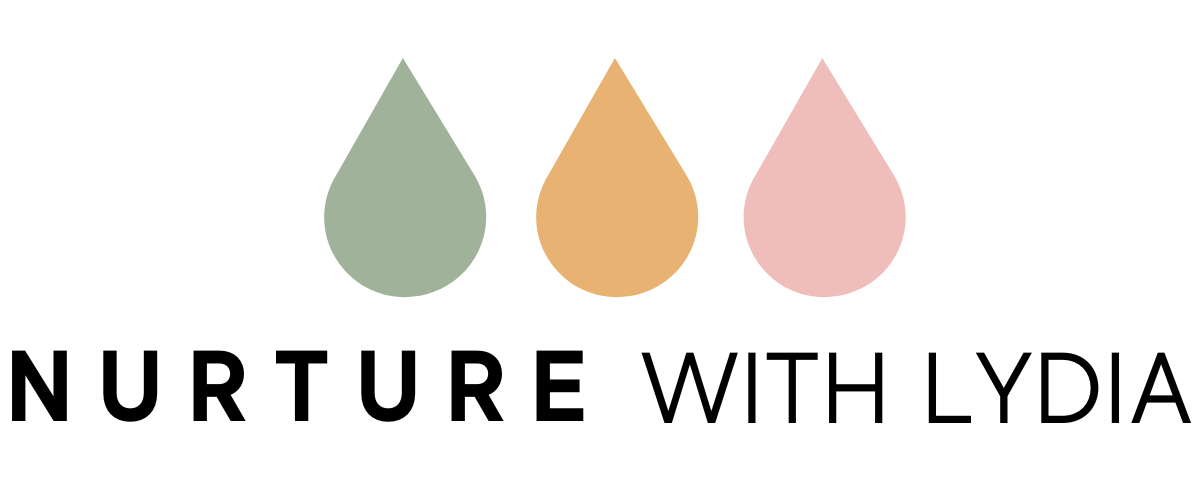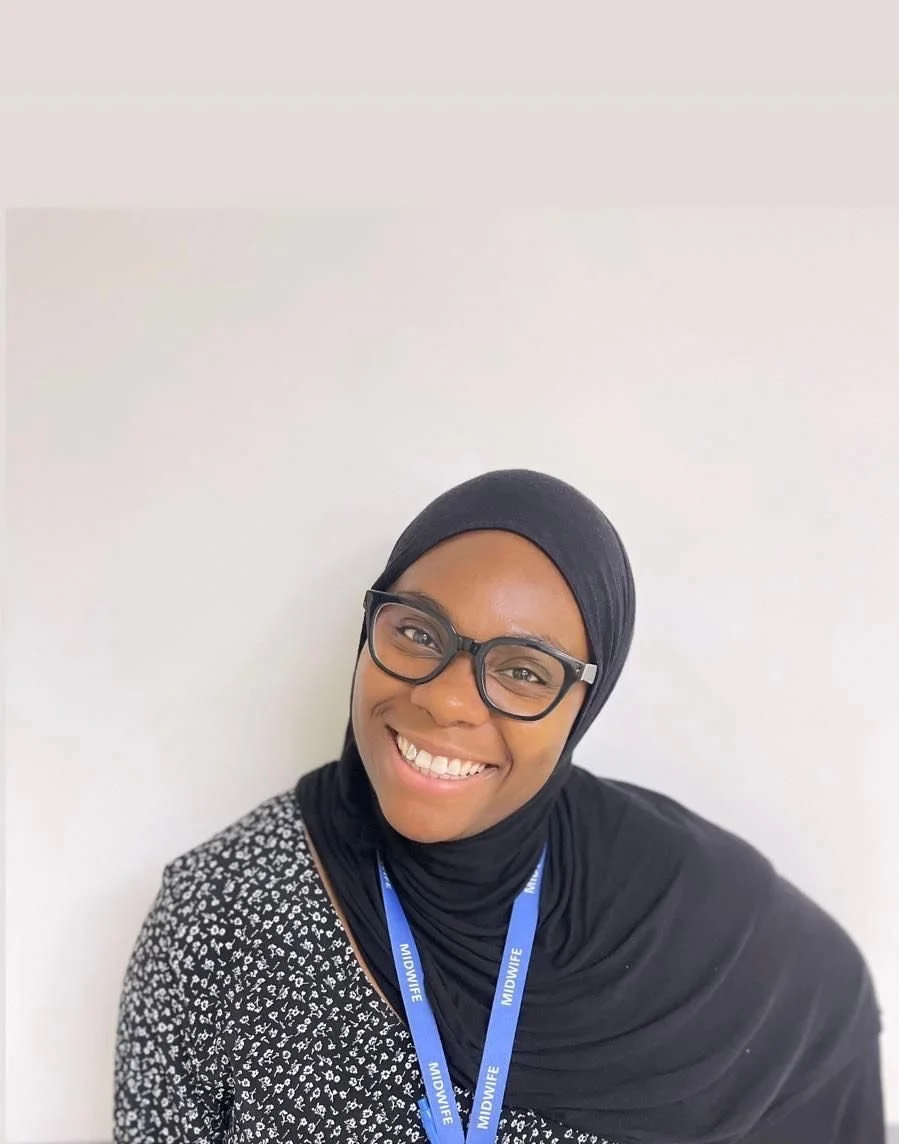Caring for Black and Brown Mothers: Insights from NHS Midwife Nusi Alema
Hi Nusi! Please introduce yourself and your work.
I’m an Infant Feeding Lead midwife and a Bereavement Midwife. Alongside this, I co-run Birthing Muslimah, an initiative for Muslim women - but not limited to Muslim women - to educate and empower women through pregnancy, intrapartum and beyond.
Are there any recurring problems you've seen or experienced within maternity care - relating to racism/cultural insensitivity?
Sadly, yes. A recurring issue is that Black women’s voices and concerns are too often dismissed or downplayed, especially around pain, birth preferences, and breastfeeding challenges. I’ve seen how assumptions rooted in bias can shape clinical decisions. For example, assuming a Black woman “should be fine” without further support, or misunderstanding cultural practices around feeding or postnatal care. Cultural insensitivity can also show up in how care is delivered, not recognising the importance of modesty, dietary needs, or family involvement in care decisions.
Do you think there are differences in the care you provide, compared to your White colleagues?
I do feel there’s a difference. Not that I feel I’m inherently better, but because I bring a lived understanding of the cultural nuances and the unspoken anxieties Black and Brown families often carry into maternity spaces. I notice the tension ease when families see someone who “looks like them” who listens without judgment, and who validates their feelings.
What needs to change in midwifery care, to better support Black and Brown families?
We need to move beyond “treating everyone the same” and instead aim for equity and not just equality. Care must be tailored and responsive to each individuals needs, acknowledging history, trauma, language barriers, and religious and cultural practices. Trust building is key, especially when many Black and Brown families have valid reasons to distrust healthcare systems.
How well does current midwifery training prepare midwives to provide culturally safe and responsive care to diverse communities?
Honestly, current training is insufficient. Cultural safety often gets reduced to one-off tick-box lectures. We need ongoing, reflective, and trauma-informed training, facilitated by people from the communities we serve. Anti-racism, not just cultural awareness, should be built into every level of training. Even down to the materials that we use as visual aids for women and their families. I do feel that this has slightly improved and the use of representative educational materials are being used more often however it should be embedded nationally.
Have you ever felt that your identity as a Black midwife has been challenged or dismissed in predominantly White healthcare spaces? How has that affected your work?
I have experienced my professional knowledge and voice being questioned sometimes subtly, other times overtly. One particular encounter stands out to me. I was caring for a white, middle-class British woman who directed all her concerns and questions to the student midwife working alongside me, who shared a similar background to her, completely disregarding my presence. Eventually, she had to turn to me when my student could not answer her questions. Experiences like this can be both exhausting and disheartening, yet they also fuel my determination to advocate for greater representation and accountability within the NHS.
What role do you feel institutional policies play in either supporting or failing Black and Brown families in maternity care settings?
Policies can either uphold systemic bias or challenge it. Too often, they’re written in a way that looks “neutral” on paper but lacks real-world application for marginalised groups. For example, feeding resources that are not available in the primary languages spoken by many Black women.
What specific changes would you like to see in training, policy, or leadership to better support Black and Brown families?
I’d like to see greater representation of Black and Brown professionals in leadership roles and more partnerships with community organisations to ensure services reflect real needs.
What would you would like White midwives and lactation specialists to know/change/improve, to improve Black/Brown breastfeeding outcomes?
Listen deeply. Don’t assume your way is the only way. There’s so much richness in how different communities understand feeding, bonding, and postpartum recovery. Be willing to unlearn, relearn, and stand in solidarity not just during Black History Month, but every day.
It’s emotionally heavy work at times, but it’s also sacred. Being a Black midwife means carrying my community with me, making space for others, and breaking cycles of silence and exclusion. If we want truly safe maternity care, it must be culturally safe and inclusive because anything less is simply not good enough.
Nusi Alema co-founded Birthing Muslimah alongside Sahra Adde.
Make sure to follow them on Instagram @BirthingMuslimah

